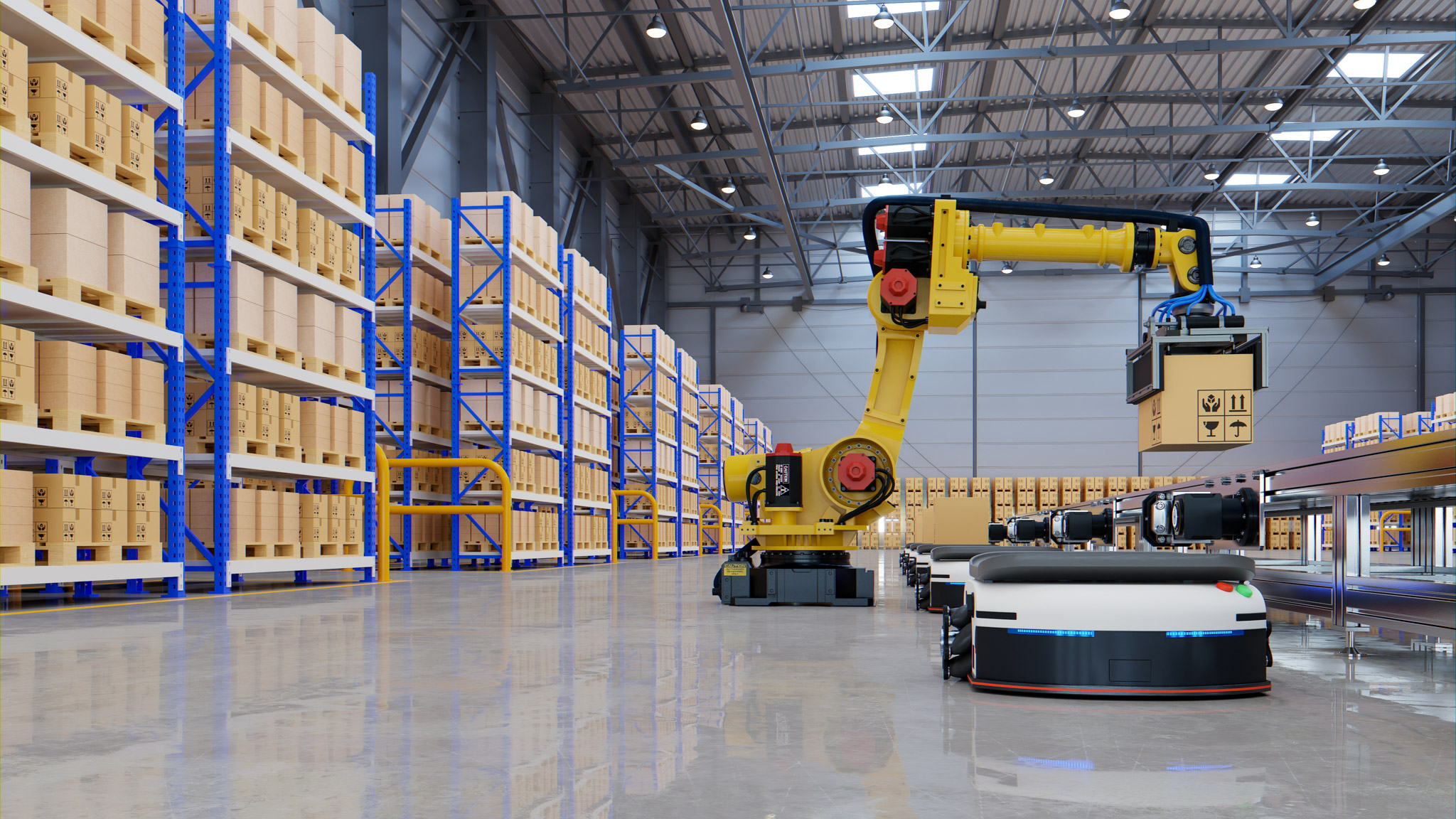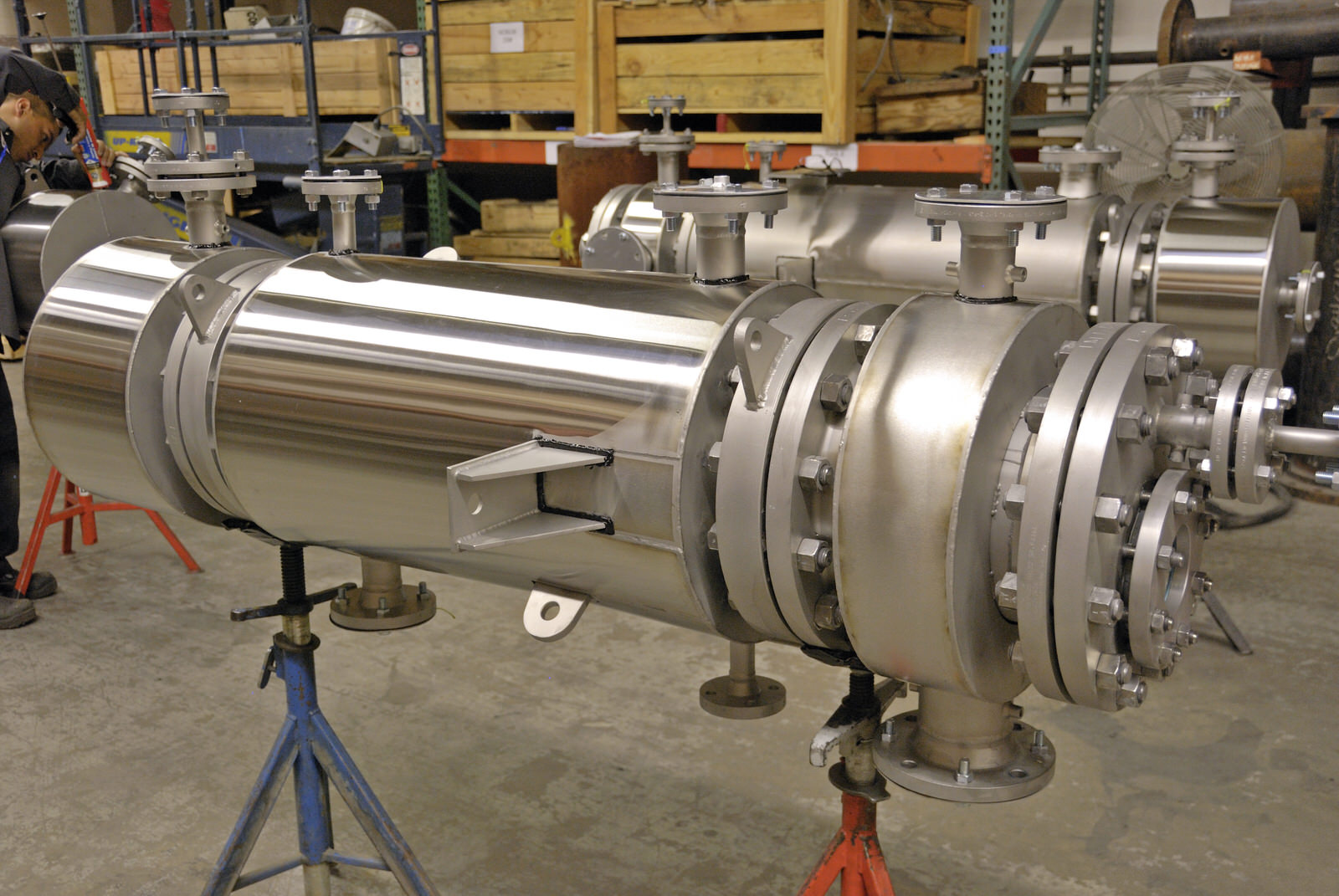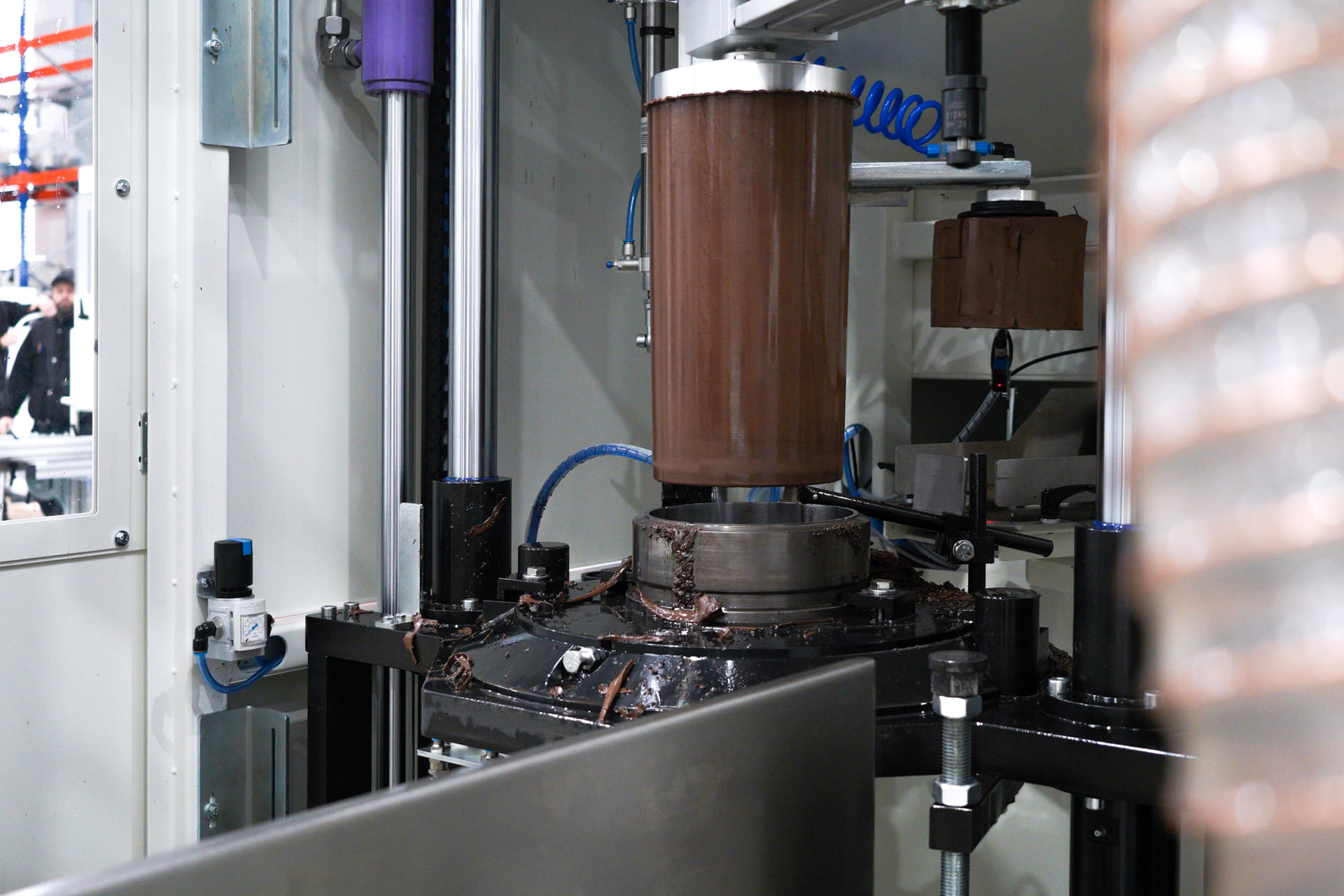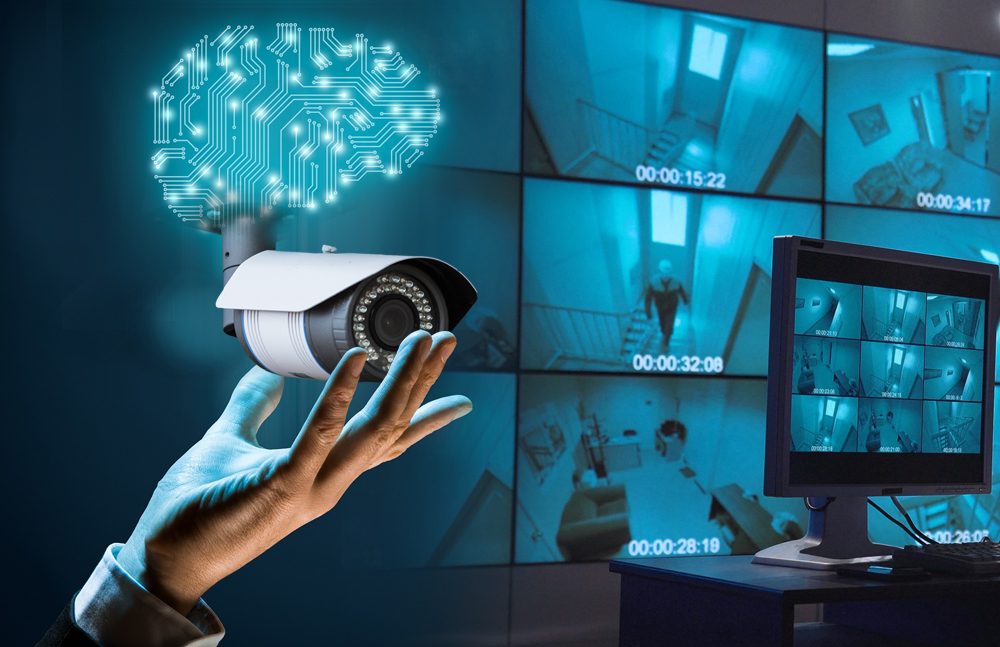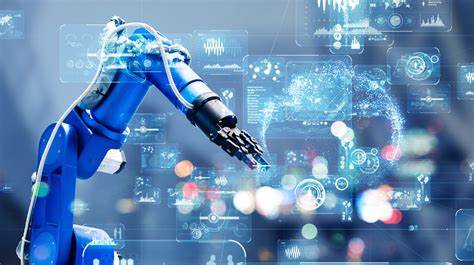How Is Norway's Warehouse Robotics Market Revolutionizing Logistics and Supply Chains?
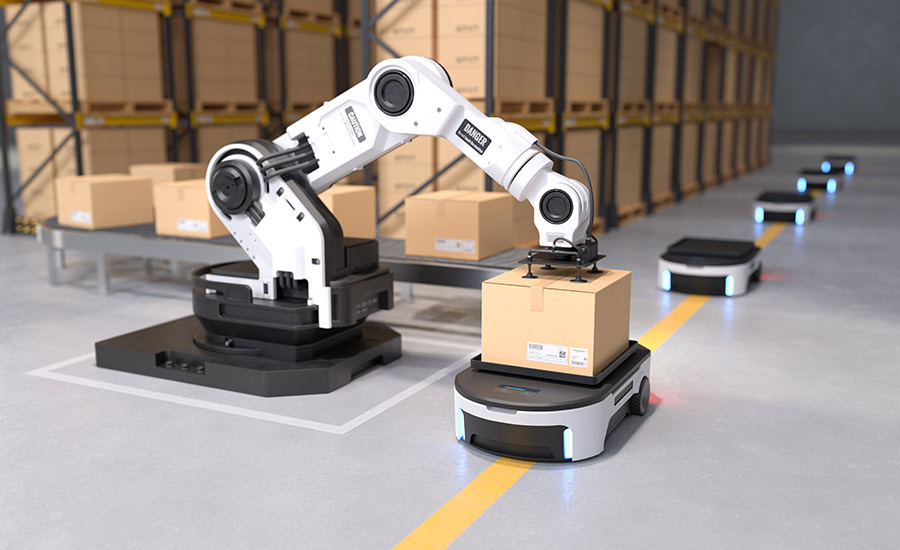
Strong 8k brings an ultra-HD IPTV experience to your living room and your pocket.
The landscape of logistics and supply chain management in Norway is undergoing a significant transformation, largely driven by the rapid advancements and adoption of warehouse robotics. As businesses across various sectors, from e-commerce to energy, increasingly seek enhanced efficiency, cost reduction, and improved operational accuracy, the Norway warehouse robotics market is emerging as a critical enabler of this evolution. Recent developments highlight a strong push towards more intelligent, adaptable, and integrated automated solutions, setting a new benchmark for warehouse operations nationwide.
At the heart of this revolution is a convergence of factors: a burgeoning e-commerce sector demanding faster and more accurate order fulfillment, a pressing need to optimize labor utilization amidst skilled workforce shortages, and the inherent drive for innovation within Norwegian industries. These forces are collectively propelling the demand for warehouse robotics, making them an indispensable component of modern supply chain strategies.
One of the most notable developments comes from Norway's own AutoStore, a leading global player in automated storage and retrieval systems (AS/RS). AutoStore continues to push the boundaries of warehouse automation with its cube-based storage system and highly efficient robots. A significant recent announcement from AutoStore includes the unveiling of their R5 Pro robot. This next-generation electric robot, equipped with advanced lithium titanium oxide batteries, is designed for increased endurance and efficiency. The R5 Pro not only works harder and longer but also allows for a substantial reduction in charging points within warehouses, thereby maximizing storage capacity. This innovation directly addresses the growing demand from retailers for faster and more reliable goods delivery, proving that even subtle improvements in robotic hardware can lead to significant operational gains.
Beyond hardware, the intelligence powering these robotic systems is also rapidly evolving. AutoStore further demonstrated its commitment to innovation with the introduction of new AI-powered robotics solutions. Their CarouselAI™, developed in collaboration with Berkshire Grey, represents AutoStore's first AI-driven robotic piece-picking solution. This technology aims to automate the highly labor-intensive order-picking process with superior SKU handling capabilities and round-the-clock operation, promising a rapid return on investment for businesses scaling their automation efforts. The availability of CarouselAI™ and its upgrade, CarouselAI Upgrade™, which allows for seamless retrofitting of existing systems, underscores a trend towards making advanced automation more accessible and adaptable for current users.
Another significant launch from AutoStore, the VersaPort™, highlights the focus on flexibility in warehouse workflows. This transformative upgrade is designed to adapt to dynamic operational needs without requiring mechanical alterations, supporting various setups from individual product induction to complex picking workflows. Coupled with a new "Essentials Software Package" that offers advanced routing algorithms, real-time analytics, and intelligent reporting, these software advancements are critical in optimizing system performance and empowering businesses with data-driven decision-making. The simplified, modular design and flexible subscription models for products like the expanded Pio range (P200, P400, P600) indicate a broader industry shift towards more accessible and scalable automation solutions, catering even to smaller operations.
The emphasis on enhancing storage capacity and reducing infrastructure costs is further exemplified by AutoStore's New Service Tower. This breakthrough solution eliminates the need for expensive mezzanine-level service areas by enabling robot transport via lift and personnel access via stairs within the AutoStore system. Such innovations not only maximize usable storage space but also simplify maintenance, making automation more viable for a wider range of facilities.
The impact of these technological strides extends beyond individual warehouse operations, fundamentally reshaping the broader Norwegian logistics and supply chain ecosystem. Automation leads to significantly enhanced efficiency and productivity, allowing companies to process orders faster and with greater accuracy. This translates into reduced operational costs, minimized errors, and improved inventory management. The ability of robots to handle repetitive and physically demanding tasks not only increases throughput but also creates safer working environments for human employees, freeing them to focus on more strategic and less strenuous roles.
Furthermore, the integration of artificial intelligence and machine learning is elevating warehouse robotics to new levels of sophistication. AI-powered robots can analyze vast amounts of data, predict demand, optimize inventory levels, and streamline operations in real-time. This predictive capability is invaluable in an unpredictable global supply chain, enabling companies to anticipate challenges and adapt swiftly. The growing demand for such intelligent automation is also being fueled by the rise of the Industrial Internet of Things (IIoT), where smart sensors and connected devices provide real-time data for improved decision-making and enhanced productivity.
While the adoption of warehouse robotics brings immense benefits, it also necessitates a shift in workforce skills. As robots take over manual tasks, there's a growing need for employees trained to operate, maintain, and manage these advanced automated systems. This highlights the importance of ongoing training and upskilling initiatives to ensure a seamless transition and maximize the potential of automated warehouses.
In conclusion, the Norway warehouse robotics market is in a dynamic phase of growth and innovation. Driven by the imperative for operational excellence, the rise of e-commerce, and a focus on maximizing resource utilization, Norwegian companies are rapidly embracing robotic solutions. With key players like AutoStore continually introducing groundbreaking hardware and AI-powered software, the future of Norwegian logistics promises to be even more automated, efficient, and resilient, fundamentally transforming how goods are stored, managed, and delivered across the nation.
Note: IndiBlogHub features both user-submitted and editorial content. We do not verify third-party contributions. Read our Disclaimer and Privacy Policyfor details.



